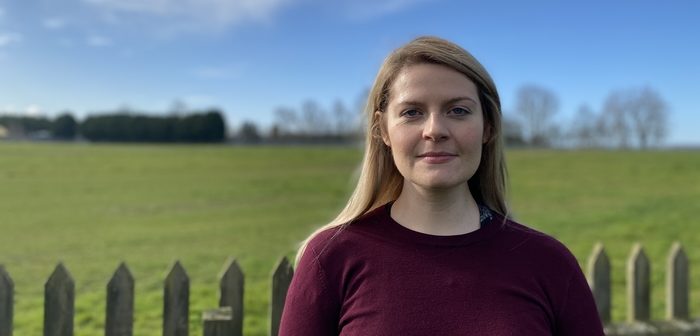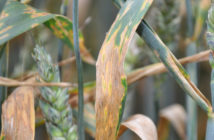The AIC has welcomed the renewal of the EU’s temporary experiment on the inspection of pre-basic and basic crops by licenced inspectors, and the recognition of its importance in the UK by Defra. This temporary experiment, implemented through Commission Implementing Decision EU 2020/1106, became domestic law in England, Wales and Scotland on 1 January 2021 and lasts until 31 July 2027.
AIC lobbied Defra throughout 2020 on the importance of the previous experiment to the industry, which allowed licensed inspectors to inspect a proportion of seed crops, rather than requiring an official inspector, and of carrying over any renewed experiment into UK legislation after EU Exit. After it expired in 2019, the seed industry had to bear the significantly higher cost of official inspections in 2020.
The experiment allows licensed crop inspectors, as an alternative to officials, to inspect and approve crops entered to produce pre-basic and basic seed of all species except potatoes. Lower crop entry fees will apply.
Catherine Barrett, head of Arable Marketing and Seed at AIC said, “This is an excellent result, with Defra recognising the professionalism of the UK seed industry and working to support it. This will be very useful for domestic seed production and use. SASA have confirmed that seed produced in England and Wales under the experiment can be marketed in Scotland.”
According to the Animal and Plant Health Agency (APHA), if monitoring during the seven-year period shows that the quality of pre-basic and basic seed and subsequent generations of certified seed has been maintained, this may result in the seed marketing legislation being changed permanently.
Chris Guest, AIC Sector chair of Seed said, “I am really pleased that following successful lobbying by AIC, APHA have announced this renewed temporary experiment. The UK seed sector is a global leader in the delivery of high quality seed to the marketplace, this experiment was well received last time and we look forward to following the outcomes of this latest experiment which will ease the financial and administrative burden on the industry.”




